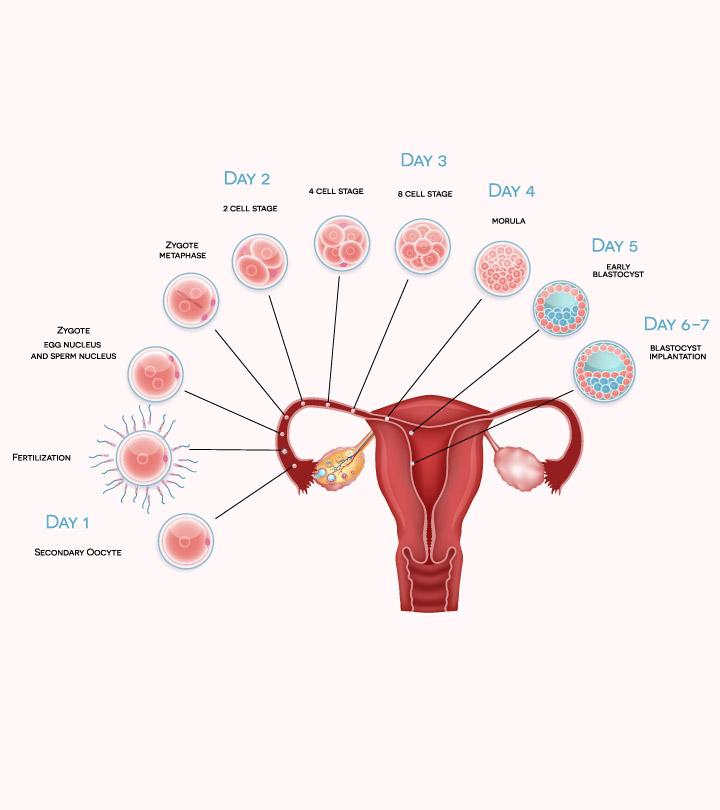
Pregnancy Implantation Symptoms: A Comprehensive Guide
Introduction
Pregnancy implantation is a crucial stage in the reproductive process, marking the moment when the fertilized egg attaches to the lining of the uterus. This process, which typically occurs 6-12 days after conception, can trigger a range of physical and emotional symptoms that may indicate the onset of pregnancy. Understanding these symptoms can help women recognize the possibility of pregnancy and seek appropriate medical care.
Early Pregnancy Symptoms
The symptoms of pregnancy implantation can vary from woman to woman, and their intensity and duration may differ. Some common early pregnancy symptoms include:
- Light spotting or bleeding (implantation bleeding): This is one of the earliest signs of implantation, occurring as the fertilized egg burrows into the uterine lining. Implantation bleeding is typically lighter than a menstrual period and may last for a few hours or days.
- Cramping: Mild cramping or pelvic pain can accompany implantation as the uterus contracts and expands to accommodate the growing embryo.
- Breast tenderness: Hormonal changes during implantation can cause breast tenderness, swelling, and sensitivity.
- Nausea: Some women experience mild nausea or morning sickness during the early stages of pregnancy, including the implantation period.
- Fatigue: The increased production of progesterone during pregnancy can lead to fatigue and a general feeling of exhaustion.
- Mood swings: Hormonal fluctuations can also affect mood, causing irritability, emotional sensitivity, or mood swings.
Other Possible Symptoms
In addition to the common symptoms listed above, some women may experience less frequent or less noticeable signs of implantation, such as:
- Metallic taste in the mouth: Hormonal changes can alter taste buds, resulting in a metallic or bitter taste in the mouth.
- Headaches: Mild headaches can occur during implantation due to increased blood flow and hormonal changes.
- Constipation: Progesterone can slow down digestion, leading to constipation.
- Increased urination: Hormonal changes can stimulate the kidneys, causing increased urination.
- Food cravings or aversions: Changes in hormone levels can affect taste preferences, leading to cravings for certain foods or aversions to others.
Duration and Intensity of Symptoms
The duration and intensity of pregnancy implantation symptoms can vary significantly. Some women may experience only mild symptoms that last for a few hours or days, while others may have more pronounced symptoms that persist for a week or longer. The severity of symptoms does not necessarily indicate the health of the pregnancy.
Distinguishing Implantation Symptoms from Menstruation
It is important to note that some pregnancy implantation symptoms, such as spotting, cramping, and breast tenderness, can also be associated with menstruation. However, there are key differences that can help distinguish between the two:
- Timing: Implantation bleeding typically occurs 6-12 days after conception, while menstruation begins approximately 14 days after ovulation.
- Duration: Implantation bleeding is usually lighter and shorter in duration than menstrual bleeding.
- Color: Implantation bleeding is often lighter in color than menstrual blood, ranging from pink to brown.
- Other symptoms: Pregnancy implantation may be accompanied by additional symptoms, such as nausea, fatigue, and breast tenderness, which are not typically associated with menstruation.
When to Seek Medical Attention
Most pregnancy implantation symptoms are mild and do not require medical attention. However, it is important to consult a healthcare provider if you experience any of the following:
- Heavy or prolonged bleeding
- Severe cramping or pain
- Fever or chills
- Signs of infection, such as foul-smelling discharge or vaginal itching
Conclusion
Pregnancy implantation symptoms can provide an early indication of pregnancy, but it is important to remember that they can vary widely and are not always a definitive sign. If you suspect you may be pregnant, it is recommended to take a pregnancy test or consult a healthcare provider for confirmation. Understanding the symptoms of pregnancy implantation can empower women to make informed decisions about their reproductive health and seek appropriate medical care when necessary.